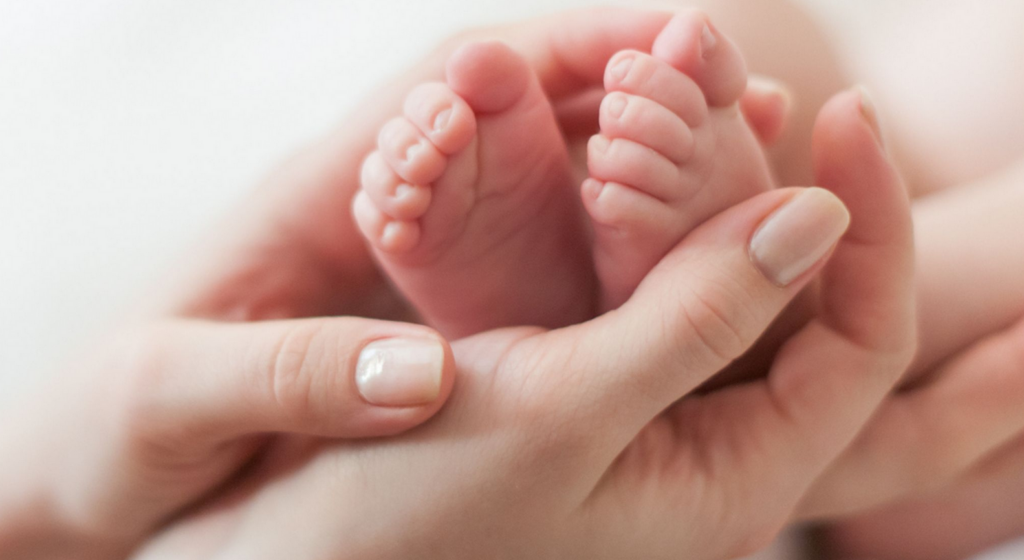A new drug developed by Spanish biotech company Oxolife could offer new hope for couples struggling with infertility. The drug, named OXO-001, has shown “promising” results in initial trials, significantly increasing the chances of pregnancy for those undergoing IVF treatments.
OXO-001 targets the inner lining of the womb, enhancing the embryo implantation process, a crucial step in fertility treatments. The recent study, conducted between September 2021 and January 2023, involved 96 infertile women under the age of 40, who were receiving IVF or intracytoplasmic sperm injection (ICSI) with donor eggs at 28 centres across Europe. Participants were either given a placebo or OXO-001, which they took twice daily, starting one menstrual cycle before embryo transfer and continuing for five weeks after.
Results presented at the European Society of Human Reproduction and Embryology’s (ESHRE) 40th annual meeting in Amsterdam revealed that the “ongoing pregnancy rates” at 10 weeks post-embryo transfer were 46.3% for those treated with OXO-001, compared to 35.7% for those who received the placebo. This “clinically significant finding” was accompanied by an increase in live birth rates: 42.6% for the OXO-001 group versus 35.7% for the placebo group.

While both groups experienced similar mild to moderate side effects such as headaches, nausea, vomiting, gastrointestinal issues, and dizziness, the study’s results underscore the potential of OXO-001 to improve IVF outcomes.
Dr. Agnes Arbat, Chief Executive of Oxolife, highlighted the importance of these findings: “Most rounds of IVF or ICSI still end in failure—many because a viable embryo does not implant. A simple-to-take pill that materially improves the chance of success would therefore be of huge benefit to those who want a baby. This proof-of-concept phase two study shows that hope is now a step closer.”
Dr. Arbat also mentioned that the study was designed to focus on women using donor eggs to isolate the effect of OXO-001 on the endometrium. However, she expressed optimism that the drug could be equally effective for women using their own eggs. Oxolife is planning a pivotal phase three clinical trial involving a larger group of women, including those using their own eggs, to support the drug’s registration.
The findings of this study will also be published in the journal Human Reproduction, marking a significant step forward in fertility treatment research.





